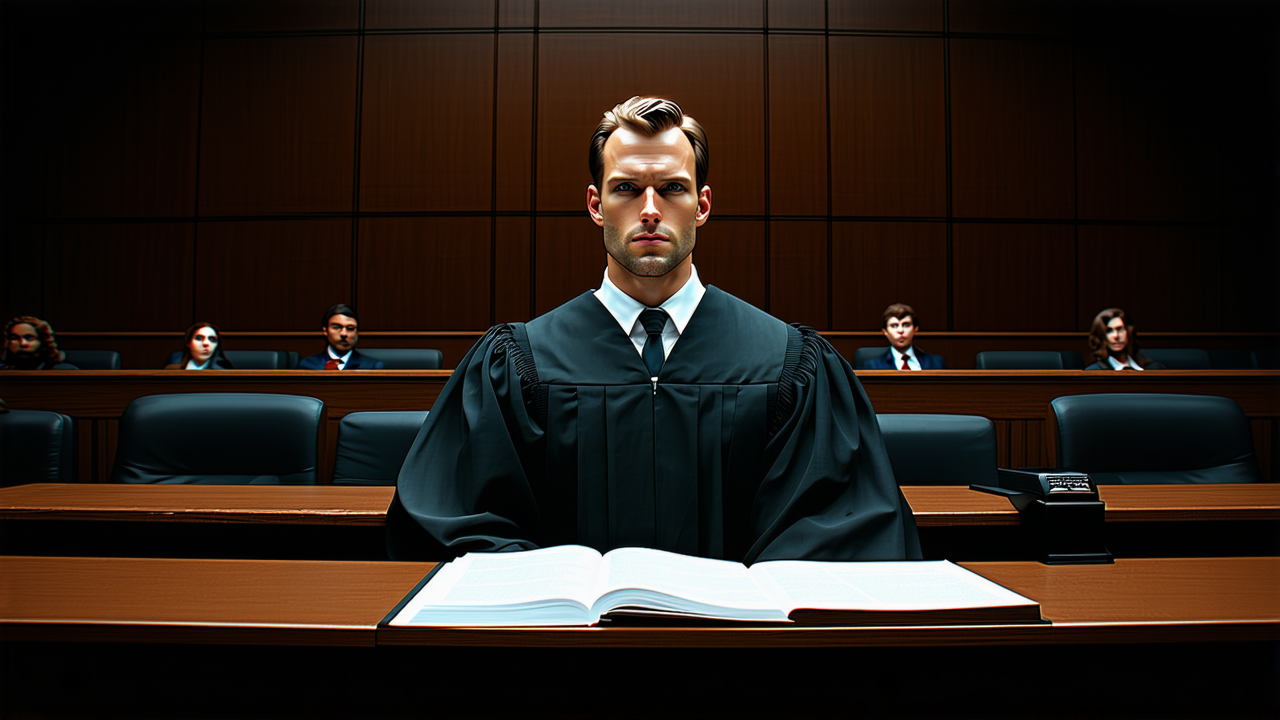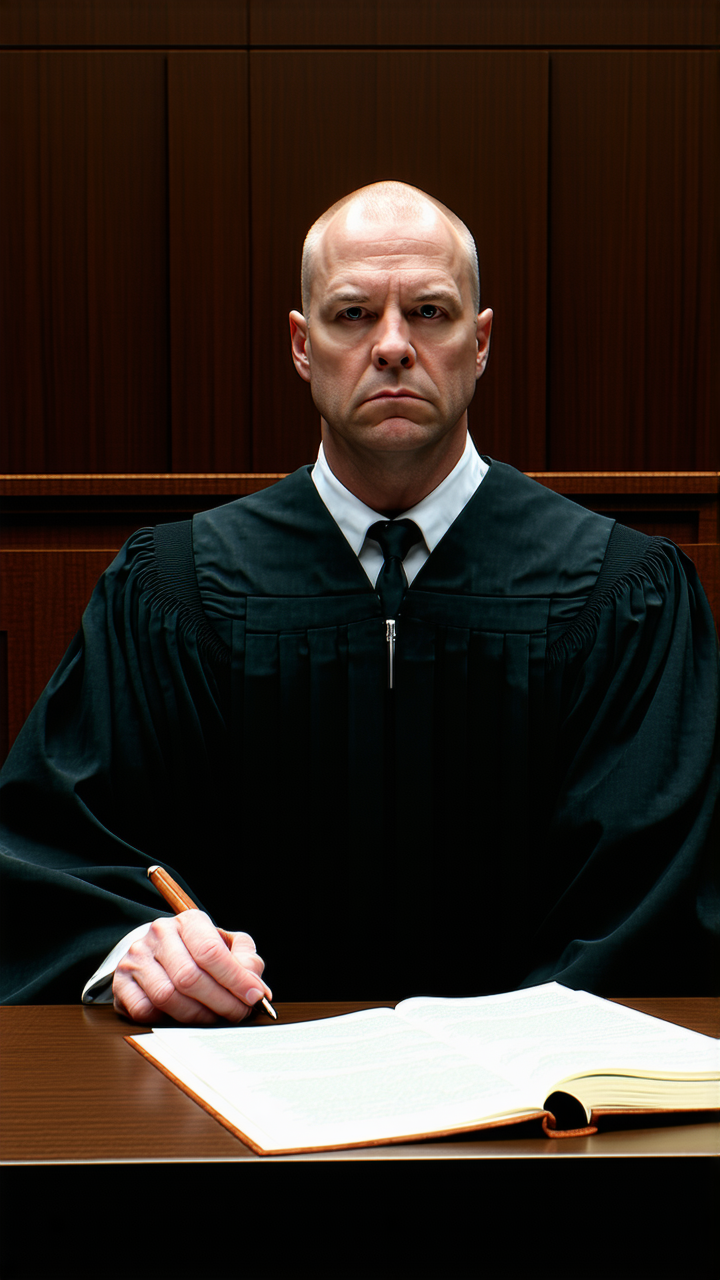Prominent New Zealander Faces Serious Charges in High-Profile Court Case
Prominent New Zealander Faces Serious Charges in High-Profile Court Case
A prominent New Zealander is set to return to court today as he faces a series of serious criminal charges. The defendant, whose identity remains heavily suppressed, is expected to appear before the Wellington District Court for a hearing that will determine whether the current restrictions on the case continue.
The individual, who has been under heavy suppression since his arrest in late May, is being charged with eight category three offences—crimes that can carry prison sentences ranging from two years to life imprisonment. Despite the severity of the charges, the defendant has not yet entered a plea, and the nature of the alleged offences remains unknown to the public.
The suppression orders, which prohibit the publication of the defendant's name, identifying features, and the details of the charges, were initially granted by Judge Noel Sainsbury in chambers. The orders were later reaffirmed by Judge David Laurenson in early July, after the defendant appeared in court by audio-visual link. His legal team, led by Letitia Ord, has argued that the suppression is necessary to protect the defendant's rights and prevent undue public scrutiny.
Today’s hearing will focus on whether the suppression should continue. This is a critical moment for both the prosecution and the defence, as it will determine the extent to which the public can access information about the case. However, top media organizations, including NZME, have united in opposing the continued suppression, citing the public’s right to transparency and the potential for a fair trial.
Under the Criminal Procedure Act 2011, the court may suppress a defendant’s identity if it believes that publication would cause extreme hardship to the defendant or their family, prejudice the fair trial process, or risk the identification of others who may also be under suppression.
The case has drawn significant attention, not only due to the high-profile nature of the defendant but also because of the serious nature of the charges. As the court weighs the arguments for and against the suppression, the public and media alike are watching closely to see how the legal system will balance the rights of the accused with the public’s right to know.

